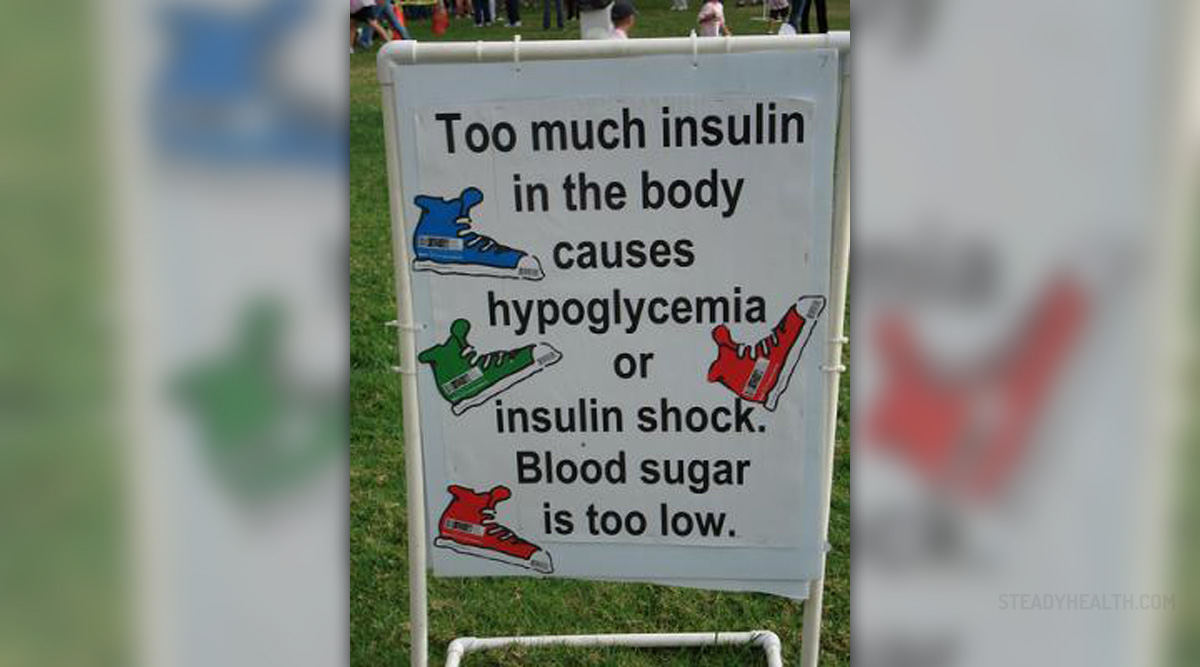
Hypoglycemia is the state of the body that produces smaller amount of blood sugar or glucose than is necessary. There are many symptoms which point out the presence of this condition, some of which are anxiety, nervousness, sweating, hunger, nausea, headache, impaired judgment, fatigue, loss of memory, and so on. However, not of all these symptoms occur in every case of hypoglycemia, and there are some more that may occur. They also differ depending on the age and general physical health of a person. In order to diagnose this disorder, a doctor will need to know the age of a person, time of the last meal, regular diet of a person, physical and mental health, diseases, family history, medications a person is taking. Causes differ depending on the age of a person, so an infant can develop hypoglycemia due to prematurity, maternal hypoglycemia, prolonged period without breast milk, congenital hyperinsulinism. Young children develop hypoglycemia due to prolonged fasting, excess of insulin, other congenital diseases of metabolism. The most common cause for hypoglycemia in young and older adults is insulin injected for type 1 diabetes.
Hypoglycemia can be treated by various medications, but it is always important to follow a certain diet designed especially for this disorder. There were many diets proposed for hypoglycemia, such as high-protein and fat diet with low carbohydrates. This diet proved to have unhealthy long-term results. Diets such as Atkins and Barry Sears\' diet are variations of this diet which are still in use today. However, today there is a concept called „glycemic index“which represents the level by which certain types of food raise the level of sugar in blood. It is proven that a meal without carbohydrates raises the level of glucose if it is large.
One diet that is still having positive results not only for this disorder is the old-fashioned balanced diet. Some of the simple rules in this diet are to avoid sugars, fruit because it contains simple sugars, to eat eggs, to limit dairy products and meat, to avoid snacks. Balanced diet means that meals contain some protein and complex carbohydrates and a reasonable amount of fat. Breakfast can include a couple of eggs, a couple of slices of toast with butter or cereal without added sugar with toast. For lunch a person can have sandwiches with wholegrain bread and salad or meat or fish with cooked vegetables. Desserts should be avoided. For dinner a person should eat protein, complex sugars and vegetables. If a person craves for a dessert, it should be something home-made and without added sugar. The size of the portions is important because blood sugars will rise if people snack too often. If a person is following a balanced diet, his or her blood sugars should improve within a month. People with hypoglycemia are actually addicted to sugar so it is very difficult for them to avoid eating it. However, just like with quitting smoking, first couple of weeks is the hardest, but once a person sees the results, he or she has more motivation to keep on.






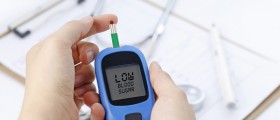

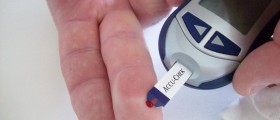
_f_280x120.jpg)



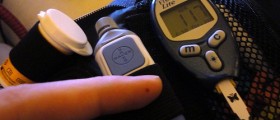

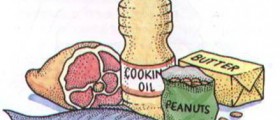
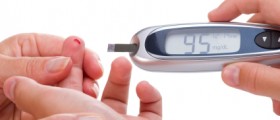
Your thoughts on this
Loading...